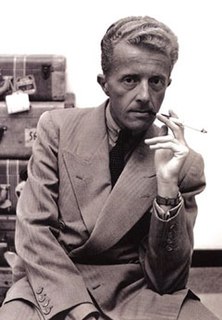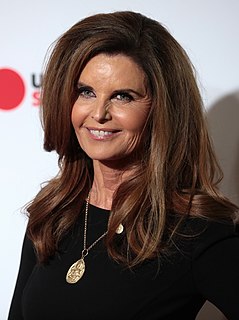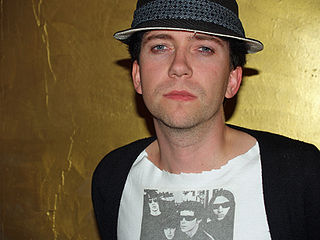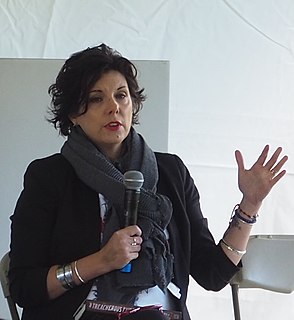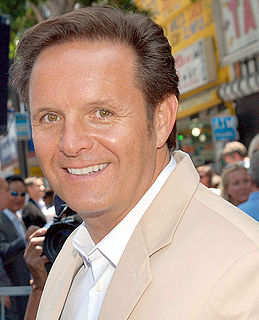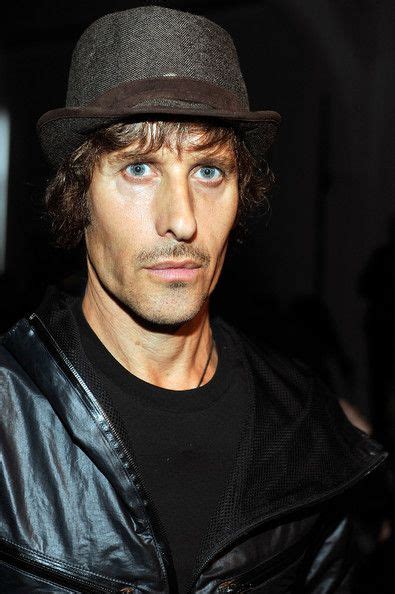A Quote by Paul Bowles
It was one of the charms of the International Zone that you could get anything you wanted if you paid for it. Do anything, too, for that matter; - there were no incorruptibles. It was only a question of price.
Related Quotes
All teenagers knew this was true. The process of growing up was nothing more than figuring out what doors hadn't yet been slammed in your face. For years, parents tell you that you can be anything, have anything, do anything. That was why she'd been so eager to grow up-until she got to adolescence and hit a big fat wall ofreality. As it turned out, she couldn't have anything she wanted. You didn't get to be pretty or smart or popular just because you wanted it. You didn't control your own destiny, you were too busy trying to fit in.
But Rhett, you mustn't bring me anything else so expensive. It's awfully kind of you, but I really couldn't accept anything else." "Indeed? Well, I shall bring you presents so long as it pleases me and so long as I see things that will enhance your charms. I shall bring you dark-green watered silk for a frock to match the bonnet. And I warn you that I am not kind. I am tempting you with bonnets and bangles and leading you into a pit. Always remember I never do anything without reason and I never give anything without expecting something in return. I always get paid.
The core of Animal House was about prejudice, about equality, and about inclusion/exclusion. It was about a group of people who were together and anything went. Anybody who wanted in could get it in. Then there was that other group that nobody could get in, unless they were white, and just alike. It was very representative of the culture in the '60s, '50s, and '40s in America.
Quinn's First Law of Investing is never to buy anything whose price you can't follow in the newspapers. An investment without a public marketplace attracts the fabulists the way picnics attract ants. Stock brokers and financial planners can tell you anything they want, because no one really knows what's true. The First Corollary to Quinn's First Law states that, even when the price is in the newspapers, you shouldn't buy anything too complex to explain to the average 12-year-old.
